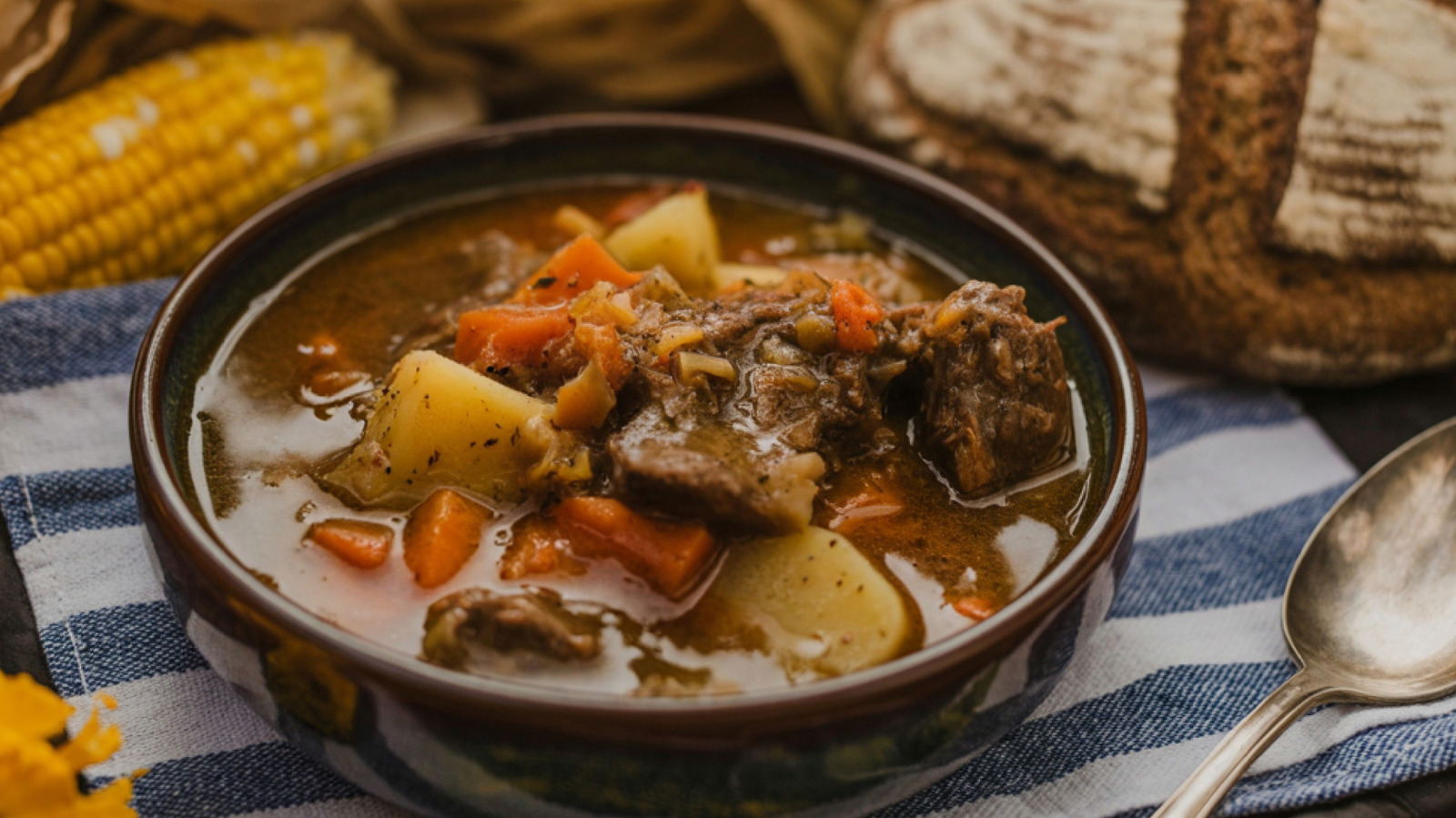
"Rosemary is undoubtedly one of the most no-brainer ingredients to add flavor to beef stew. This Mediterranean herb has a distinctive piney, citrusy aroma that always trails behind its earthy base. When you add it to beef stew, it becomes unforgettable as it leaves an evergreen imprint. It rarely takes over, only lingers in the undertone, subtly elevating every spoonful. It pierces right through the familiar intensity with a gentle contrast."
"If you're wondering whether you can use dried rosemary instead of fresh, the answer is yes. Fresh is more pungent, but for beef stew, the dried variety is also great due to its robust potency that holds up well during the slow-cooked process. It might not have the same fragrant freshness, but it won't turn bitter if you accidentally cook it for too long."
"The average beef stew with up to a couple pounds of meat calls for a teaspoon of dried rosemary, which equals a tablespoon of chopped fresh leaves or 2 to 3 sprigs. If you're going for sprigs, tie them into a bundle first and fish it out before you serve. Add fresh rosemary when you have up to an hour left in the cooking process for the best results."
Rosemary provides a piney, citrusy aroma with an earthy base that complements seared meat, hearty broth, and spices in beef stew. The herb usually remains an undertone that elevates each spoonful without overpowering other flavors. Dried rosemary works well for slow-cooked stews because its robust potency holds up during long simmering and resists bitterness. Typical proportions are one teaspoon dried per couple pounds of meat, equal to a tablespoon chopped fresh or two to three sprigs. When using sprigs, tie them into a bundle and remove before serving. Add fresh rosemary within the last hour of cooking for best results. Rosemary pairs well with red wine broths.
Read at Tasting Table
Unable to calculate read time
Collection
[
|
...
]